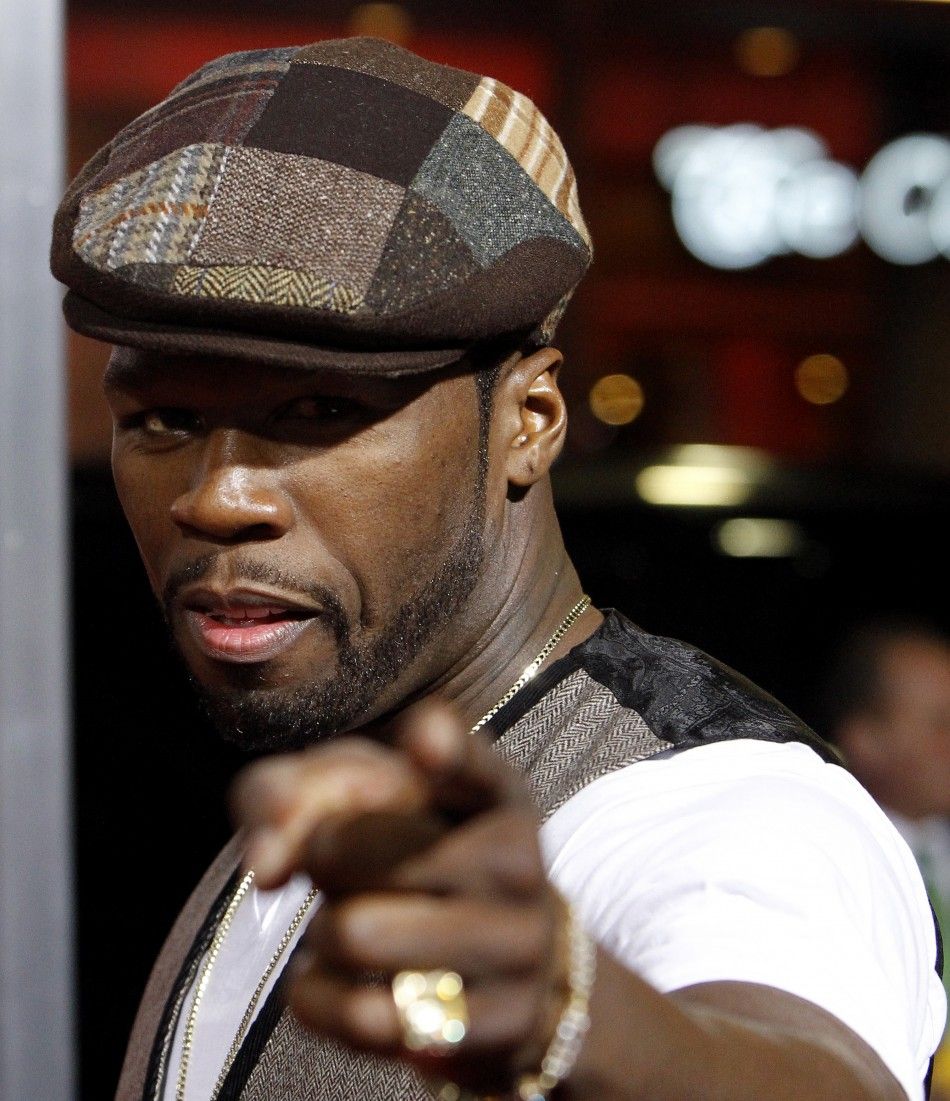Certainly! The passage delves into a multi-faceted controversy sparked by rapper 50 Cent’s recent comments targeting prominent media figures Oprah Winfrey and Tyler Perry. These comments have ignited a firestorm of debate within the entertainment industry and among fans, shedding light on issues of race, power dynamics, and representation in Hollywood.
At the heart of 50 Cent’s allegations are claims that Oprah and Tyler Perry have engaged in actions detrimental to the careers of black actresses and perpetuated negative stereotypes in their work.

These accusations have stirred up considerable attention and controversy, prompting a closer examination of the actions and motivations of these influential figures.
One of the central incidents discussed in the passage involves Taraji P. Henson’s revelation about nearly walking away from a remake of “The Color Purple” due to alleged low pay issues. This revelation, coupled with 50 Cent‘s outspoken criticism, has cast a spotlight on the treatment of black talent in the industry, particularly by figures like Oprah and Tyler Perry.
Furthermore, the passage highlights various other instances where Oprah and Tyler Perry have faced criticism or accusations of mistreatment. For example, Ludacris recounts an incident where Oprah publicly criticized his music during an interview, while Mo’nique has spoken out about feeling blackballed by industry heavyweights like Oprah, Tyler Perry, and Lee Daniels.

In addition to examining specific incidents, the passage also delves into broader criticisms of Tyler Perry’s portrayal of black characters in his productions. Some critics argue that Perry’s work reinforces negative stereotypes and fails to accurately represent the diversity of black experiences.

Despite the controversy, 50 Cent’s comments have received both praise and backlash from fans and industry insiders alike. While some applaud his willingness to speak out against perceived injustices, others question his motivations or the validity of his claims.
Ultimately, the passage sparks important conversations about representation, power dynamics, and accountability within the entertainment industry. It encourages readers to critically examine the actions of influential figures like Oprah and Tyler Perry and consider the broader implications of their work on black talent and representation in media.